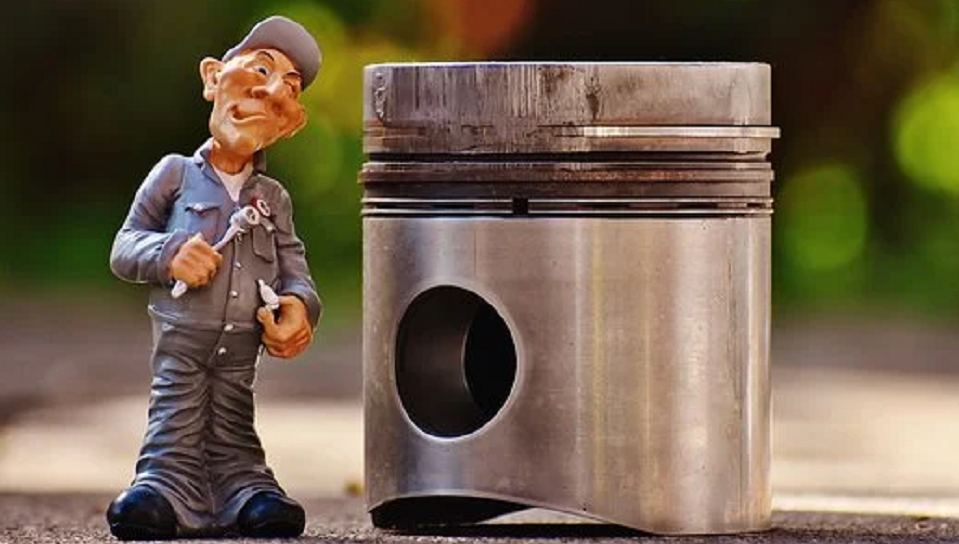Fuel for Thought

If You BYOP, Prepare To DIY
A truck stop or travel center, as they now want to be called, is nothing more than a very large convenience store for truckers and the general public. A for profit business is a venture by those who invest their time and money into it with the intent of seeing an increase in sales, to generate revenue and to provide needed product(s) and/or service(s) to their customer base.
Business models can change over time to meet customer’s demands, revenue goals or market conditions. Any for profit business operating at a loss is surely headed for failure.
Recently a major truck stop chain decided to make a policy change in regards to customer supplied parts. Basically, a customer could bring their own parts to the truck stop shop and only pay for the labor to have these parts installed. The shop would only provide labor for the job without selling any parts. Their policy has now changed. They will no longer perform work with customer supplied parts.
This policy change has ruffled some feathers with owner operators who were taking advantage of the “labor only” shops. For years, many owner operators enjoyed the cost savings by not having to buy parts at marked up prices.
How do parts stores make money selling parts for less than the same parts at the truck shops?
Why do truck shops need to charge more for the same parts that can be purchased at the parts store?
Parts stores are just an organized warehouse, filled with parts, ready to sell, then you leave and install them or have them installed elsewhere. Their business model is bulk buying of parts to get a lower cost (wholesale), then they mark the prices higher for selling (retail). Their profits come from the difference between the wholesale cost and retail price.
Truck shops however, have a different business model. Sure they will sell you parts, and yes, many shops stock large amounts of certain parts, but not many. Truck shops have also invested in equipment, not just a warehouse and sales counter like the parts store. The shops have lifts, hoists, pits, tire balance equipment, tire inflation equipment, bulk oil tanks, trucks for road service, mechanics on duty (or techs as they are now called) and much more. They also have a smaller stock room for parts. They deal with disposal fees and environmental regulations.
A truck stop shop is more than just a place for using their labor. Like many of you, they have a business to run and a business model. If you want a shop to use your supplied parts, find one that can operate that way. Truck stops have always been more costly to do business with, just like a convenience store, you pay dearly for the convenience factor.
See you down the road,
Greg





